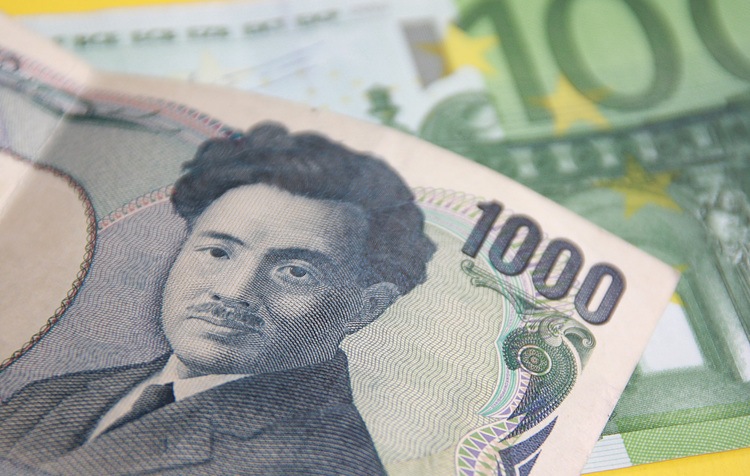EUR/JPY appreciates beyond 160.00 on dovish comments from BoJ officials
- The Japanese Yen slid after BoJ officials put next week's rate hike into question.
- BoJ policymakers affirmed that they see little cost in waiting for the next rate hike, according to Bloomberg.
- Market expectations of a dovish ECB cut on Thursday might hamper the Euro rally.
The Japanese Yen is depreciating across the board on Wednesday, as comments from BoJ policymakers have cast doubt on a widely expected 25 bps rate hike next week. That has boosted the EUR/JPY to test the resistance area at 1.6030.
A Bloomberg report reported on Wednesday comments from BoJ officials observing that they "little cost in waiting for the next rate hike” as, in their opinion, the risks of a weak yen pushing up inflationary pressures have eased.
The officials affirmed that they would not vote against a rate hike in December if proposed, but they did not avoid the negative reaction in the Japanese Yen
The EUR/JPY rallied about 170 pips after the news to reach a resistance area at 160.30, which, so far, is holding bulls. The ECB is widely expected to cut rates by 25 bps on Tuesday and might hint towards more easing in the light of the weak German economic outlook and the political uncertainty in Germany and France. This is likely to weigh on the pair.
Bank of Japan FAQs
The Bank of Japan (BoJ) is the Japanese central bank, which sets monetary policy in the country. Its mandate is to issue banknotes and carry out currency and monetary control to ensure price stability, which means an inflation target of around 2%.
The Bank of Japan embarked in an ultra-loose monetary policy in 2013 in order to stimulate the economy and fuel inflation amid a low-inflationary environment. The bank’s policy is based on Quantitative and Qualitative Easing (QQE), or printing notes to buy assets such as government or corporate bonds to provide liquidity. In 2016, the bank doubled down on its strategy and further loosened policy by first introducing negative interest rates and then directly controlling the yield of its 10-year government bonds. In March 2024, the BoJ lifted interest rates, effectively retreating from the ultra-loose monetary policy stance.
The Bank’s massive stimulus caused the Yen to depreciate against its main currency peers. This process exacerbated in 2022 and 2023 due to an increasing policy divergence between the Bank of Japan and other main central banks, which opted to increase interest rates sharply to fight decades-high levels of inflation. The BoJ’s policy led to a widening differential with other currencies, dragging down the value of the Yen. This trend partly reversed in 2024, when the BoJ decided to abandon its ultra-loose policy stance.
A weaker Yen and the spike in global energy prices led to an increase in Japanese inflation, which exceeded the BoJ’s 2% target. The prospect of rising salaries in the country – a key element fuelling inflation – also contributed to the move.
Forex News
Keep up with the financial markets, know what's happening and what is affecting the markets with our latest market updates. Analyze market movers, trends and build your trading strategies accordingly.
